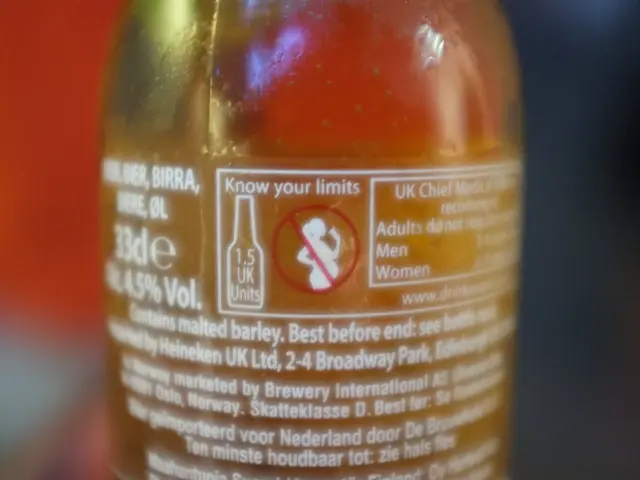Credit card marketing strategies uncovered: Insights and essential information revealed
In the world of credit cards, marketing tactics are designed to attract and engage potential customers, often leveraging psychological triggers and targeted offers. From large welcome bonuses to 0% APR introductory offers, these strategies are aimed at enticing new sign-ups and keeping existing customers engaged.
One such tactic is the welcome bonus, offering substantial rewards if users spend a set amount within a limited timeframe. These bonuses can potentially bring hundreds of dollars in cash back or points, but it's crucial to consider the spending requirement before taking advantage to avoid potential long-term debt.
Another common tactic is the 0% APR introductory offer, which appeals to consumers looking to save on interest costs initially. However, it's essential to remember that this time is limited, and if a balance is still carried after the date, it will start accruing interest again.
Credit card issuers also use pre-approval or prescreen offers, sending targeted "pre-approved" credit card offers to consumers likely to qualify. While convenient, these offers are based on credit criteria that can change, so it's recommended to compare offers across issuers to find the best fit rather than defaulting to pre-approved cards.
Premium credit cards are marketed as status symbols, featuring high annual fees, metal designs, and exclusive benefits like elite airline and hotel statuses, airport lounge access, and hundreds of dollars in statement credits at upscale resorts and restaurants. However, understanding how statement credits work on a card before applying is crucial to avoid missing benefits or incurring unnecessary expenses.
Credit card marketing is designed to tap into how people think, feel, and behave around money. For instance, creating a sense of urgency through limited-time offers or exclusive rewards can heighten appeal, while pre-approval offers play on people's desire to feel special and chosen, which can increase the likelihood of impulsive sign-ups.
To navigate these tactics and make informed decisions, consumers can focus on understanding their personal financial needs first. Instead of being swayed solely by flashy bonuses or offers, they should assess what features matter—rewards, APR, fees—and read the fine print to avoid unexpected costs.
It's also recommended to avoid impulse applications driven by urgency. Instead, take time to research and compare options before making a decision. Managing reward-driven spending is crucial as well, recognizing that the reward-driven dopamine response can lead to overspending.
In conclusion, while credit card promotions offer valuable benefits, their value depends on the intentional use of the card and alignment with the user's lifestyle and spending patterns. By combining an understanding of issuer tactics with disciplined evaluation of personal finances, consumers can leverage credit card marketing offers to their advantage without falling prey to common pitfalls.
Personal-finance management is crucial when considering credit card offers, as the value of these promotions relies on their alignment with an individual's spending patterns. For example, instead of being enticed by limited-time welcome bonuses or 0% APR introductory offers, one should evaluate the rewards, APR, and fees that suit their personal-finance needs to avoid unexpected costs.





